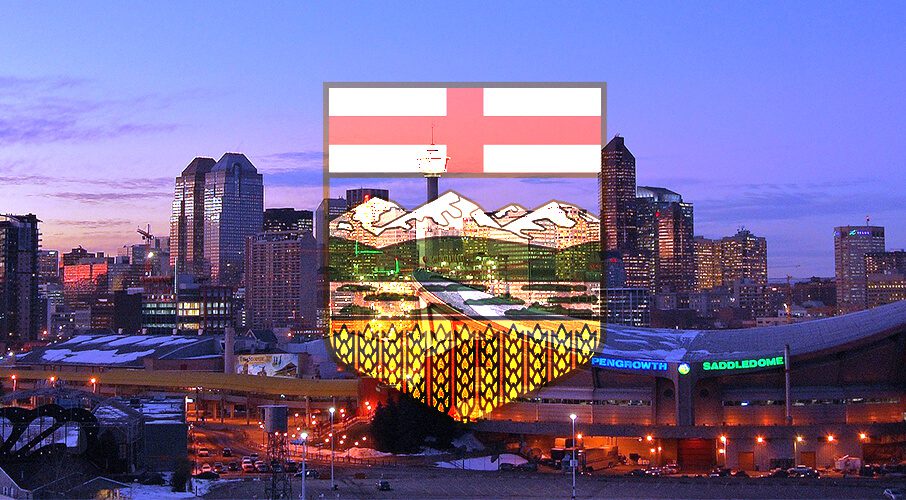 How to begin dealing with the pandemic’s economic fallout with a coherent plan is the most important lesson to learn from Alberta this week, writes Jack Mintz in the Financial Post. Below is an excerpt of the article, which can be read in full here.
How to begin dealing with the pandemic’s economic fallout with a coherent plan is the most important lesson to learn from Alberta this week, writes Jack Mintz in the Financial Post. Below is an excerpt of the article, which can be read in full here.
By Jack Mintz, July 2, 2020
Let’s start with some facts about our current economic situation, which is dire.
On Tuesday, Statistics Canada reported that real GDP has dropped a breathtaking 18 per cent since February. This news follows on the heels of IMF reports last week that the pandemic and low commodity prices are two knockout blows to the Canadian economy.
The IMF World Economic Outlook expects our GDP to fall 8.4 per cent in 2020 with a rebound gain of only 4.9 per cent in 2021. By 2022 GDP will still be four points below its end-of-2019 level.
The IMF also predicts that Canada’s consolidated government deficits will be a whopping $270 billion this year — that’s 12.6 per cent of GDP — as governments prop up businesses, households and non-profits (like the WE Charity) to bridge the economy over the pandemic. Even worse, because the IMF uses national accounting methods, its estimate ignores growing shortfalls in government employee pension plans.
For 2021, the IMF expects Canada’s all-government fiscal deficits to be 5.8 per cent of GDP or roughly $130 billion. That is a big number. Deficits likely will continue for most of this decade — which is why running surpluses during good years, as we should have been doing since about 2011, is such smart policy.
As a result of these deficits, the IMF expects Canada’s gross public debt to rise by 20 points of GDP to about $2.6 trillion by the end of 2021. As for our private debt, which is already over $4 trillion, the IMF reports it is second highest among 19 advanced countries, behind only the Netherlands. The one saving grace — for now — is that interest rates are low. But as we saw with last week’s downgrade of Canada’s federal debt, we should not assume interest rates will stay low if (when?) credit risks get out of hand.
All this sounds very bad. Terrible even. How will we get people back to work? Is all this new spending fiscally sustainable? Can we can recover? Is there hope?
Enter Alberta, the first government in Canada to think beyond the short-term liquidity crisis. As Premier Jason Kenney emphasized in presenting the Economic Recovery Plan on Monday, it is a work-in-progress — as it should be, given all the uncertainties ahead. It was built by broad consultation, including with advice from the Premier’s Economic Recovery Council, which I chair.
***TO READ THE FULL ARTICLE, VISIT THE FINANCIAL POST HERE***




